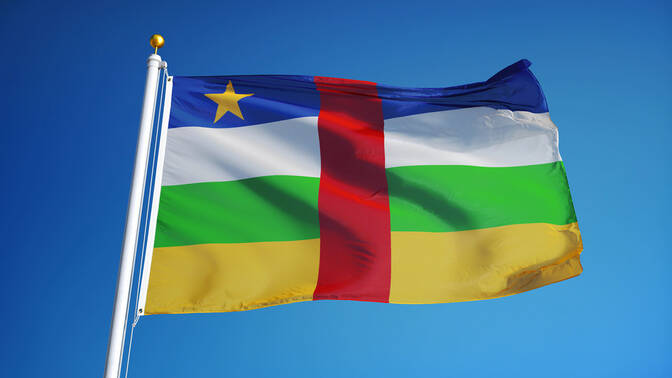Independence Day
August 13, Thursday

Historical background
The region, formerly known as Ubangi-Shari, gained autonomy on December 1, 1958. However, full independence was only achieved on August 13, 1960, when David Dacko became president.
How it is celebrated
Colorful parades take place in the capital Bangui, including military formations and weapon displays.
People participate in singing and dancing performances, exhibitions, sports, and cultural events.
The national flag, symbolizing the connection between France and Africa, holds a central place in the decorated spaces.
Social and political context
In 2024, street protests involving the Pan-African Youth Movement raised issues of neocolonialism and independence from external influence. In recent years, celebrations have been held under increased security: a large military parade involving armed forces and foreign instructors emphasized the importance of stability and safety.
Why it is important
For Central Africans, this day symbolizes national identity, a history of struggle, and a path of development. It allows pride in the country's cultural and ethnic diversity as well as reflection on its challenges and prospects.
